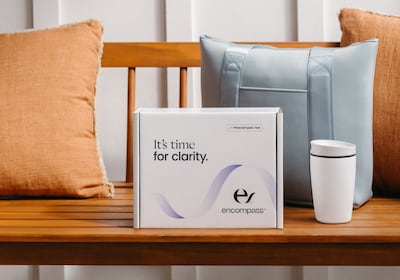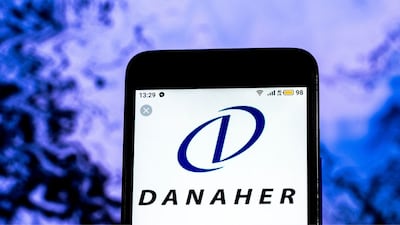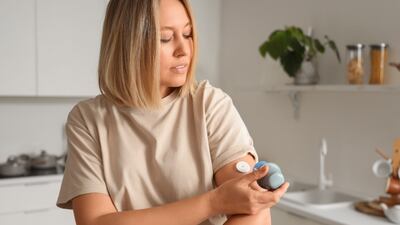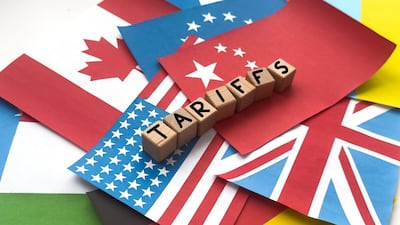A year and a half after the September 2008 collapse of Lehman Brothers and the official start of the economic recession, a panel of venture capitalists and other financiers in the medical device industry came together at the IN3 meeting in Boston. We asked them if they've had to change the way they look at deals. What is the trade-off between expensive, de-risked later stage deals and the kinds of returns that can be achieved by backing a winning company from start to finish? Where would they place their bets: cost-effective technologies for tried-and-true markets or novel products for unmet clinical needs, the "evolutionary vs. revolutionary" debate? And what can one do about tired syndicates? Our panel lets us in on the kinds of discussions they've been having around the table at weekly partners' meetings.
by Mary Stuart
Saving for a rainy day; sticking it out through thick and thin;
these phrases were recently uttered, not by someone's depression
era grandpa, but surprisingly, by venture capitalists assembled at
a recent medtech conference in Boston. The Investment in
Innovation (or IN3) conference sponsored by Elsevier
Business Intelligence called upon a panel of financial types
– four venture capitalists and one debt investor – to
tell us where they most likely will be investing their capital in
the short- and long-term future. An air of optimistic caution hung
over the room. Speaking on the panel, Paul LaViolette, the former
COO of Boston Scientific Corp




